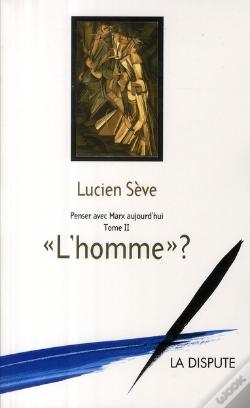Aujourd'hui
Aujourd'hui
Aujourd'hui (French: [oʒuʁdɥi], Today) was a daily newspaper which styled itself as 'independent' and which was created in August 1940 by Henri Jeanson, to replace le Canard enchaîné under agreement with the Germans.The first issue appeared on 10 September, 1940. In November 1940, the German authorities pressured the director into taking a public position against the Jews and in favour of politics of collaboration with the Vichy regime. Jeanson resigned, and was succeeded by the journalist Georges Suarez. Aujourd'hui was far from innocent in its pursuit of those responsible for the 1940 defeat of France, resorting to the myth of the 'clean sweep of the broom' in its notorious Anglophobia. It began to reflect the narrative of Marshal Philippe Pétain and of German propaganda. The paper was in favour of the Riom trials which were set up to punish the members of the pre-war government who were allegedly responsible for France's defeat in 1940.Georges Suarez was shot in 1944.
Hugo ʕ.ᴥ.ʔ Bear Blog Home About Blogroll Posts. Made with Hugo ʕ.ᴥ.ʔ BearHugo ʕ.ᴥ.ʔ Bear. An ethnic group of China, distinguished by their practice of Islam, who speak Mandarin (or Dungan in Kyrgyzstan, Kazakhstan and Russia).A Chinese lect spoken in Southern. English Translation of “aujourd’hui” The official Collins French-English Dictionary online. Over 100,000 English translations of French words and phrases.

English[edit]
 Wikipedia
Wikipedia Etymology 1[edit]
Borrowed from Mandarin回 (Huí).
Noun[edit]
Huipl (plural only)
- An ethnic group of China, distinguished by their practice of Islam, who speak Mandarin (or Dungan in Kyrgyzstan, Kazakhstan and Russia).
Translations[edit]
|
|
Etymology 2[edit]
Borrowed from Mandarin徽 (Huī).

Proper noun[edit]
Hui
- A Chinese lect spoken in Southern Anhui and neighbouring Zhejiang and Jiangxi.
Aujourd'hui Translation
Translations[edit]
|
|
See also[edit]
Anagrams[edit]
Aujourd'hui Translation
